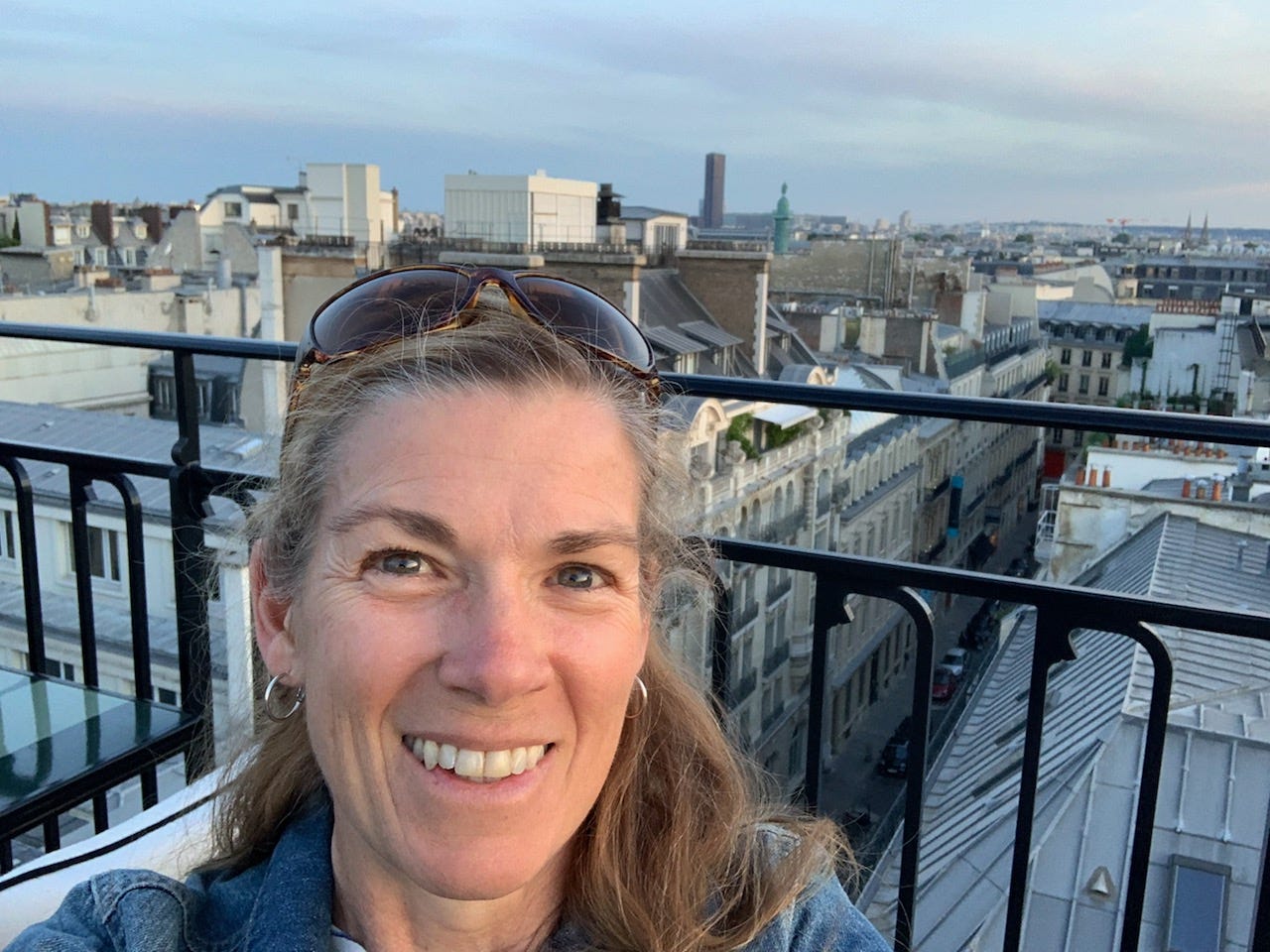I felt like I was grounded as I headed into work. Multiple hospitals in our area, including the large children’s hospital on the coast, had gone mask-optional. Why did those doctors get to have maskless interactions with their patients and not me? I missed sharing funny faces with the children and reassuring smiles with parents. The data was not on the side of continued masking, neither the recent Cochrane Review nor an observational study from the UK found compelling evidence that blanket mask mandates made a difference in the spread of covid.
Frustrated, I started a quiet rebellion. If families were not masked when I walked in the room, I asked if I could also take my mask down for better communication. To be clear, this was in every room where the child was not on respiratory precautions (masking in those rooms was protocol pre-covid), so over half of my patients.
Guess how many families said, “No?”
Zero.
Every family member gave me an enthusiastic “Yes!” along with a look of relief when I told them they did not have to mask for me. The feeling of joy from being able to talk face to face was overwhelming after three years of masked interactions. One elderly couple was thrilled because the grandfather had cochlear implants and was not able to hear most of the masked providers.
Our system just announced that many of the outpatient clinics will be mask-optional starting next week. But all inpatient care is to continue masked indefinitely. I wrestled with writing yet another email to our hospital epidemiologist, who I am sure is tired of hearing from me. I was going to let it go but I got fired up today during a service line meeting. There was a lot of confusion about who is affected by the policies and where they should be enforced. I could not help myself, I had a brief outburst about the negative impacts and how even The Mayo Clinic was going mask-optional. Our lovely and calm nurse manager suggested that I reach out to the epidemiologist again. Below is my latest email, which I also sent to the Executive Vice President and the CEO of the health system.
“While I am delighted that [our system] will be going mask optional in the outpatient setting next week, I am very disappointed that you have decided to continue masking indefinitely in the hospital. Our neighbors at Children's Hospital of the King's Daughter, Augusta Health Center, and Sentara Health System have all gone mask optional for the majority of patients. The Mayo Clinic Health System also just announced that they will be mask optional as of today. The rationale for continued masking inpatient is that we care for ‘immunocompromised or [patients] otherwise at increased risk of COVID-19 and/or severe disease,’ yet the Mayo Clinic cares for some of the most vulnerable patients in this country. We will always serve high-risk patients, what is the endpoint for the hospital masking policy?
Masking is not a benign intervention; it significantly impacts the patient-provider relationship because it impairs communication. In addition to losing facial cues, masking has been found to cause ‘increased cognitive load and listening effort for both patients and providers, as well as changes in clinical efficiency for providers when utilizing masks.’ Another study showed that face mask use by nurses decreased patient satisfaction with the nurses' interpersonal skills and communication. An older study found that face mask use by doctors made them seem less empathetic towards their patients.
The communication problems are amplified when the patients or families are hearing impaired. There are multiple studies, like this one, documenting the negative impact of masked communication on people with hearing issues. Two weeks ago, I cared for a developmentally delayed child who was being raised by his grandparents. His grandfather had cochlear implants so I asked if I could remove my mask for better communication. The grandparents enthusiastically said, "Yes!"
The grandmother then explained that her husband had an especially hard time hearing women speaking through masks. As the majority of the pediatric hospitalists and nurses were women, the grandfather was missing most, if not all, of the information we were giving him about his grandson.
Given that Covid is endemic, there is excellent community-wide immunity from prior infection and vaccination, the most recent strains are mild, and our hospital is not overwhelmed by Covid patients, I ask that you please consider changing the inpatient masking policy to match that of our colleagues across the state and country.”
As we have learned over the past few years, silence is often misconstrued as consensus so draconian policies continue unchecked.
I encourage ALL healthcare workers to email administrators with stories of how masking is impeding therapeutic relationships.
If you are a patient or family member, contact the CEO with your stories. You may actually have more influence because hospitals are heavily vested in patient satisfaction.
It is time for our unmasked voices to be heard so that we can bring empathy, compassion, and joy back to patient care.
Eliza Holland, MD is a pediatric hospitalist in Charlottesville, VA. She is a member of Urgency of Normal, a collaborative group of doctors and scientists advocating for children’s well being and return to fully normal life and schooling.







Thank you for speaking up! Pens seems like a small thing but any policy change is a step forward.
I just questioned our pediatrician about this Monday. He’s in the Hopkins system and it’s still their policy to require masks. He wasn’t sure if they had plans to remove it soon but told me he heard Children’s Hospital in DC was doing it soon. Fingers crossed Hopkins sees Mayo and Children’s example and follows it.
I also asked him about the clean pen dirty pen the front office is still doing. He didn’t know they were still doing that and said he would ask; he said it was not Hopkins policy.
Silence is concurrence so I try not to be.